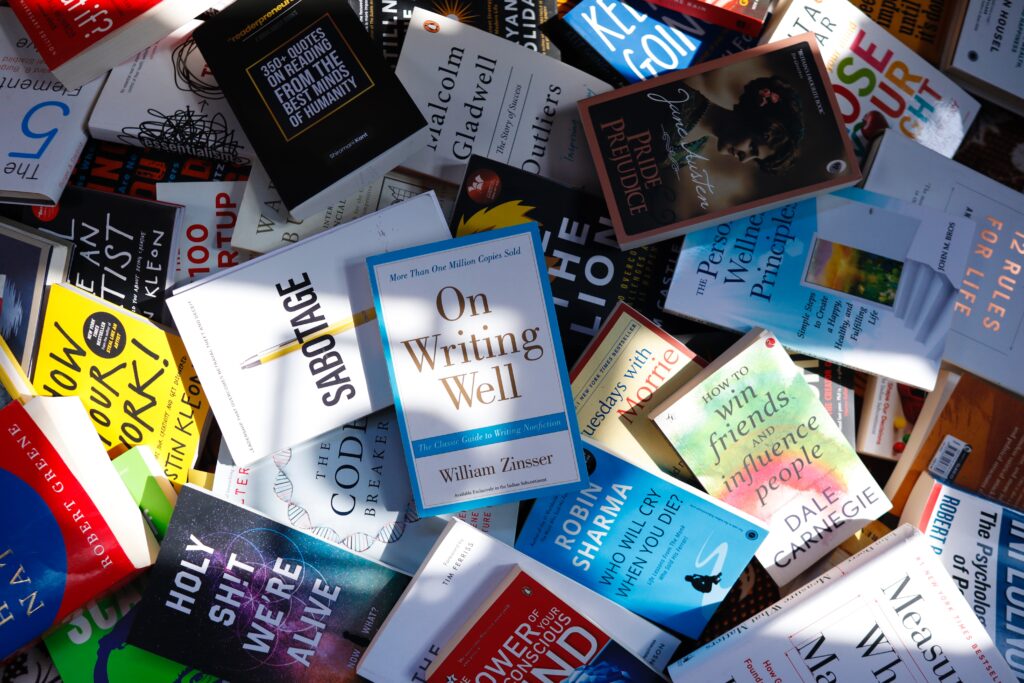If your writing lacks clarity and is uncomfortable to read, don’t crumble it and throw it away. The following six rules for good writing from George Orwell will help you refine your composition and make it fascinating to read.
George Orwell is arguably one of the twentieth century’s most unique and thought-provoking writers. His mesmerizing novels captivated millions, most prominently 1984 and Animal Farm.
Apart from his exquisite creativity and fascinating storytelling, his writings were always efficient, clear, and illustrative. You could easily connect with the characters and feel like you were with them in the story.
So, what makes Orwell’s imaginative writing so clear and easy to read?
Orwell vs Unclear Writing
Orwell was always a strong advocate of clear prose. He argued against vague and clumsy writing in his famous essay, Politics and the English Language.
I highly recommend you read it if you have the time (it is a little over 5000 words — might take about 20 minutes to read).
One of my favorite examples he gave in this essay was his imaginative translation of an excerpt from Ecclesiastes (an Old Testament book of wisdom literature) into so-called Modern English.
The original text:
I returned and saw under the sun, that the race is not to the swift, nor the battle to the strong, neither yet bread to the wise, nor yet riches to men of understanding, nor yet favour to men of skill; but time and chance happeneth to them all.
Orwell’s Modern English version:
Objective considerations of contemporary phenomena compels the conclusion that success or failure in competitive activities exhibits no tendency to be commensurate with innate capacity, but that a considerable element of the unpredictable must invariably be taken into account.
Although both passages lead to the same understanding that luck plays a major part in one’s success, the difference between them is as clear as daylight.
Following Orwell’s analysis, the original excerpt has 49 everyday-use words totaling only 60 syllables. The modern-English version has fewer words (38) but a whopping 90 syllables!
This shows that the second version contains longer words — 18 of which are of Latin origin and one Greek — not to mention the illustrative aspect of the original, portraying six clear pictures compared to the second version, which has no emotional aspect whatsoever, let alone a stunning phrase.
So, if you think your writing is vague, complicated, and uneasy to read, check out these six suggestions from Orwell for creating a good piece of writing.





